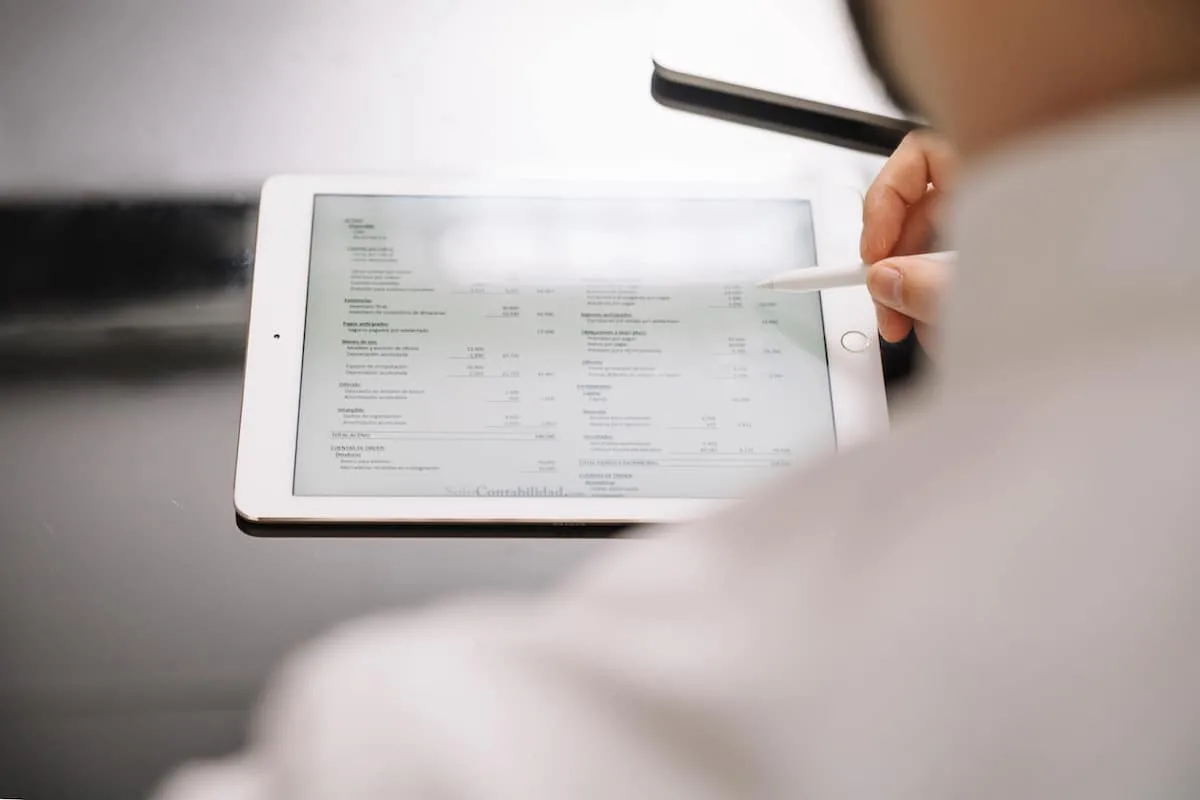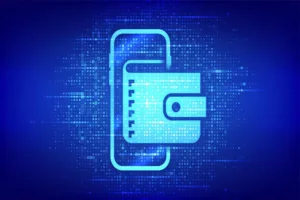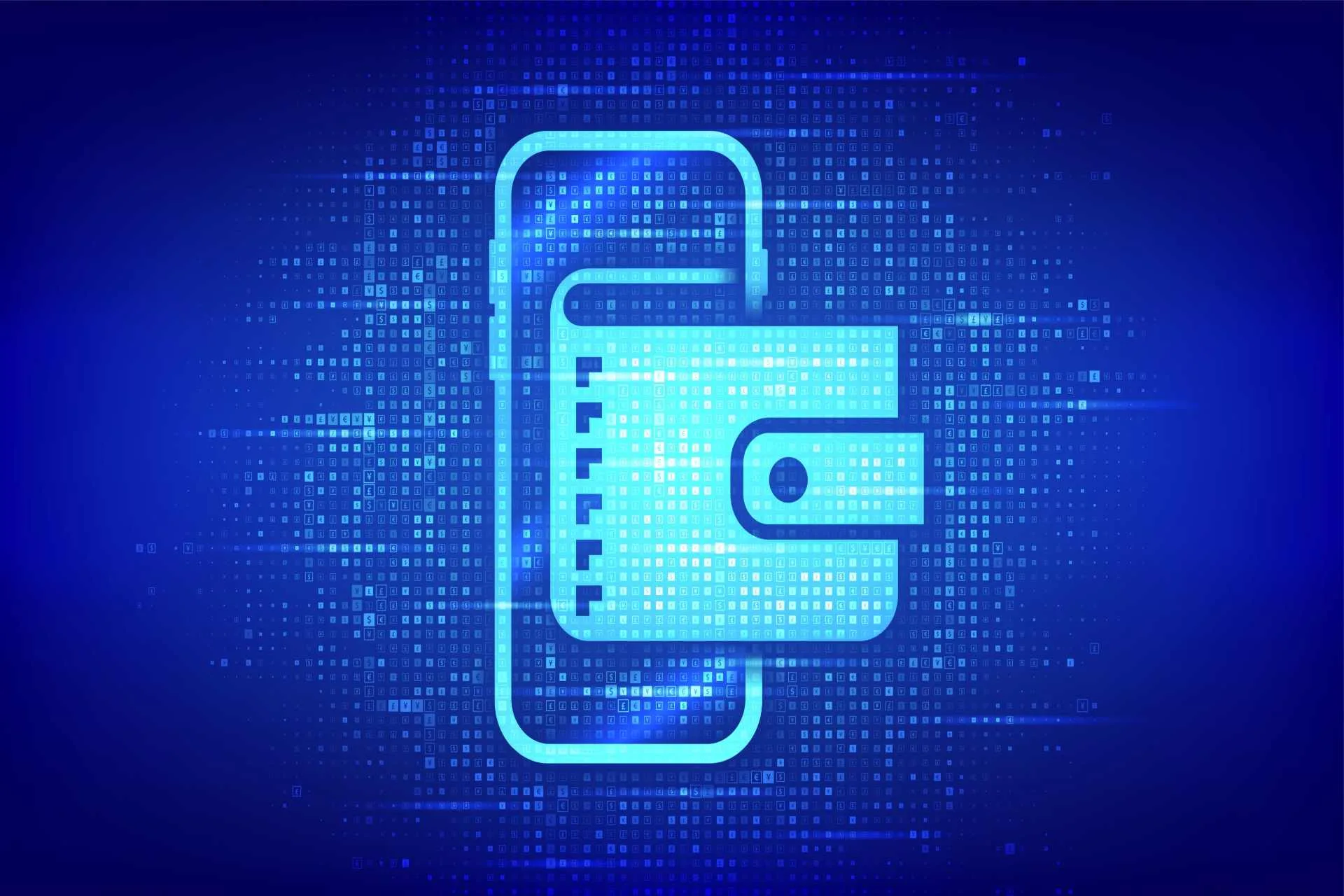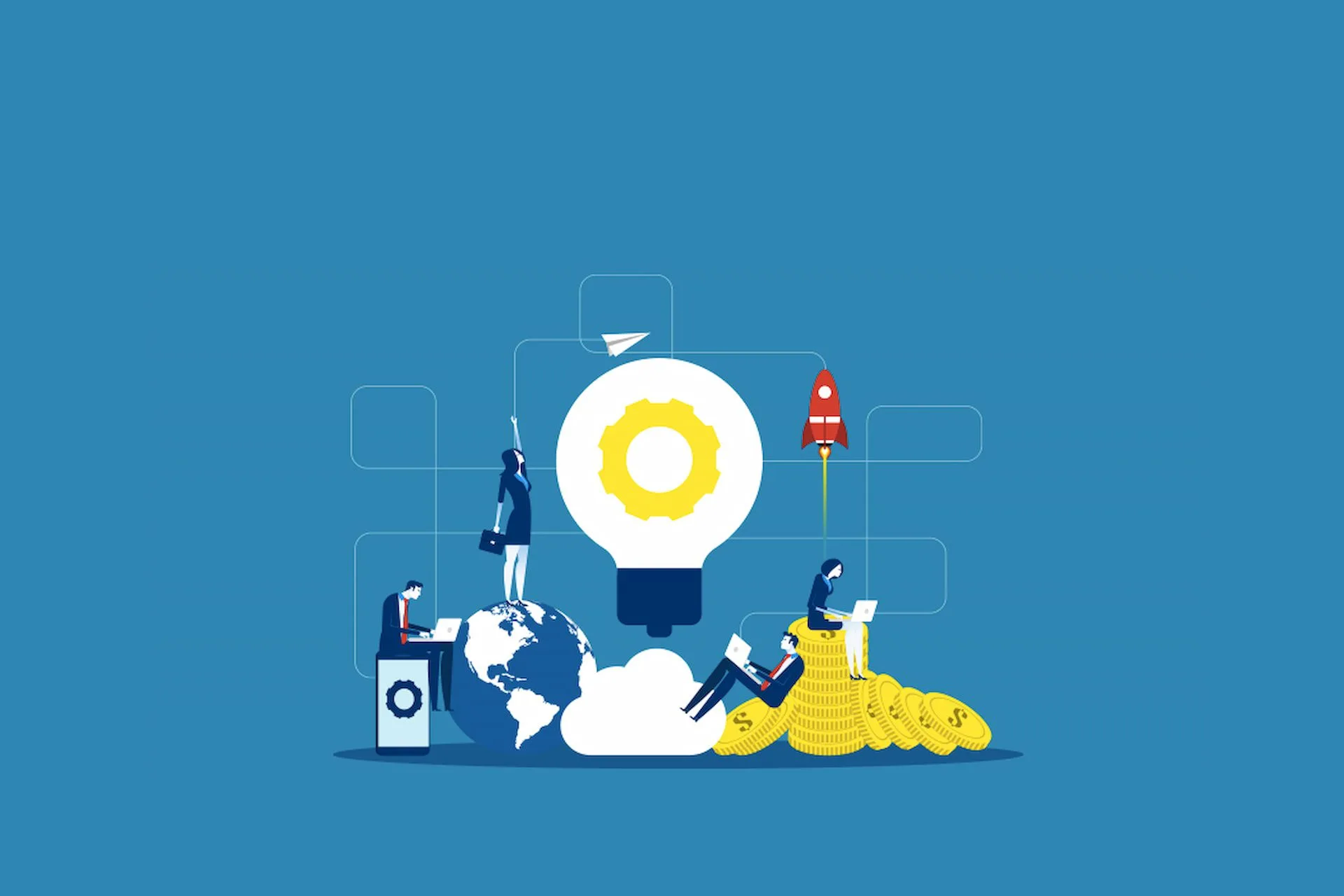The transition to electronic invoicing will take place between 2024 and 2026 for all French companies subject to VAT. What obligations must be met? How do you guarantee compliance?
What is electronic invoicing?
Electronic invoicing (or e-invoicing) represents a major evolution in the management of business transactions in the digital age. It represents a modern alternative to paper invoices, adopting a standardized, secure format to facilitate electronic exchanges between suppliers and customers. The transition to electronic invoicing offers greater efficiency, speeding up the sales closing process while reducing the risk of errors associated with sending invoices and receiving payments electronically. As a digital document, the electronic invoice offers a fast and convenient solution for sending invoices to customers and receiving payments, applying equally to sellers of goods and services and to those who have invoices to pay.
What are the regulations in France?
The regulatory landscape surrounding electronic invoicing has become in France a central topic of debate in recent years, particularly with the advent of the new E-Commerce Act. This legislation, anchored in the French Law for Confidence in the Digital Economy (LCEN), introduces an imminent obligation for all economic players wishing to exchange business documents electronically. The LCEN stipulates that the use of a standardized format, known as electronic invoicing, will be mandatory to ensure the consistency of data exchanges. At the same time, this legislation provides for greater simplification and automation of invoicing processes. The aim of these standards is to eliminate accounting errors, boost the invoice payment cycle and optimize revenues. In short, electronic invoicing is emerging as an essential solution, designed to boost business competitiveness by facilitating more efficient financial management.
When and how to set up electronic invoicing in France?
With the elimination of paper and PDF invoices, the choice between a mixed format like FACTUR-X and a fully structured format like Universal Business Language becomes crucial. These are the only recognized formats. The decision to migrate to electronic invoicing also involves determining which invoices will be sent electronically and which will be kept in paper format. Some companies may choose to adopt electronic invoicing in its entirety, while others may opt to coexist with paper invoicing.
In all cases, a partnership with a trusted service provider specializing in e-invoicing is essential to guarantee successful implementation. From 2024, all French businesses will be required to accept invoices in electronic format, with large companies obliged to issue their invoices in this format. In 2025, ETIs will follow this obligation, while VSEs/SMEs will have to comply in 2026. Early planning of the transition to electronic invoicing is therefore imperative to ensure timely compliance and maximize the benefits of this evolution.








